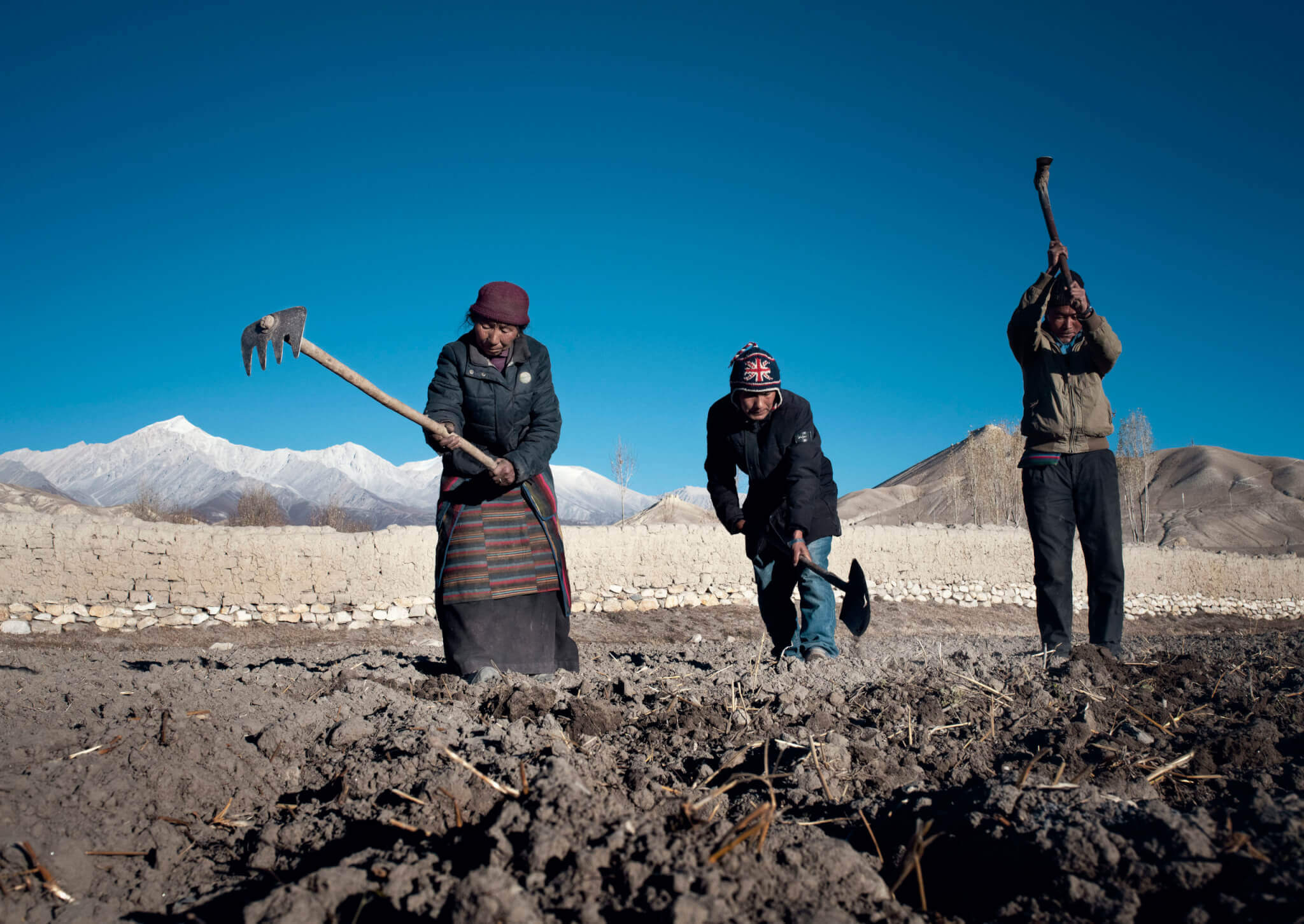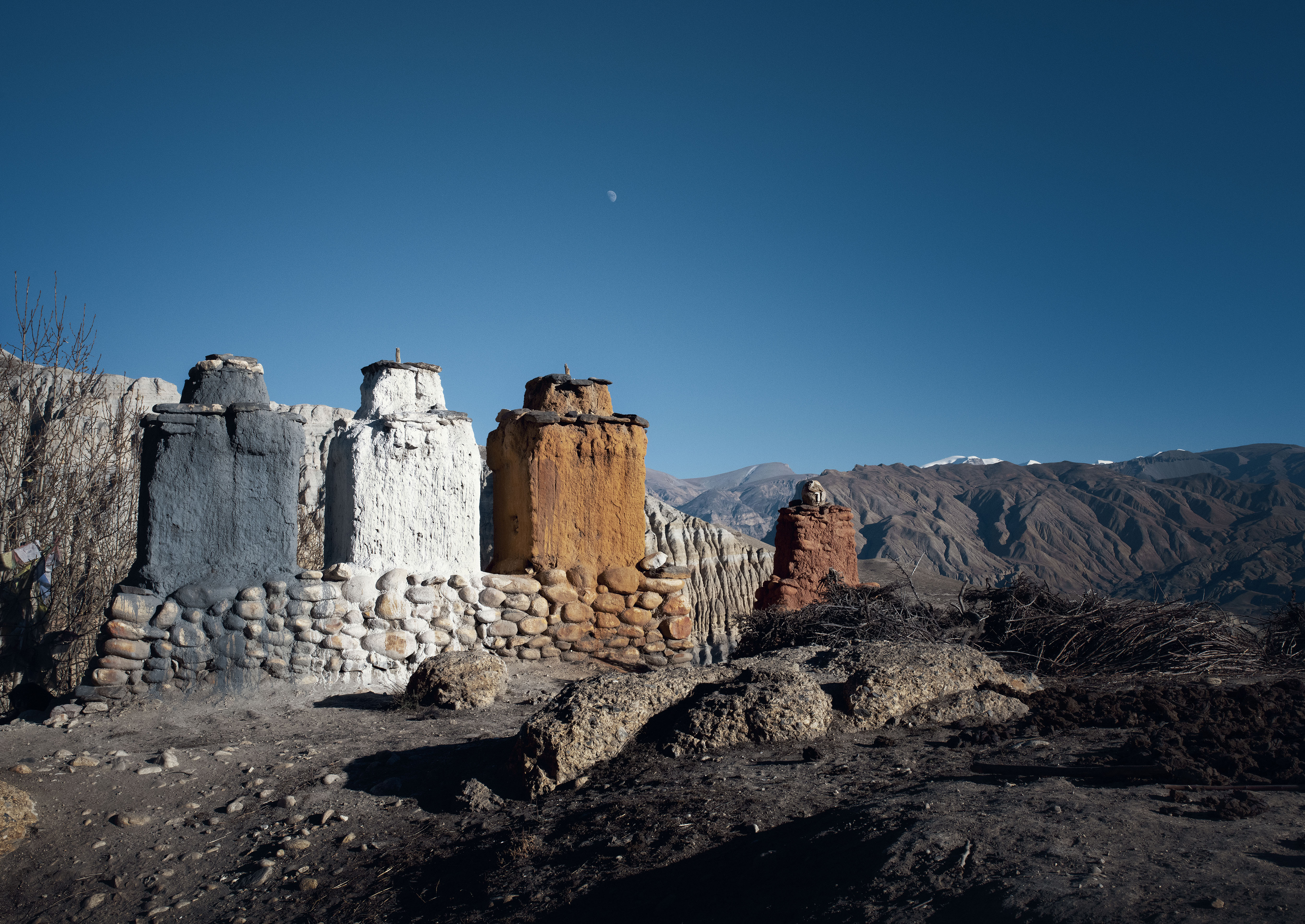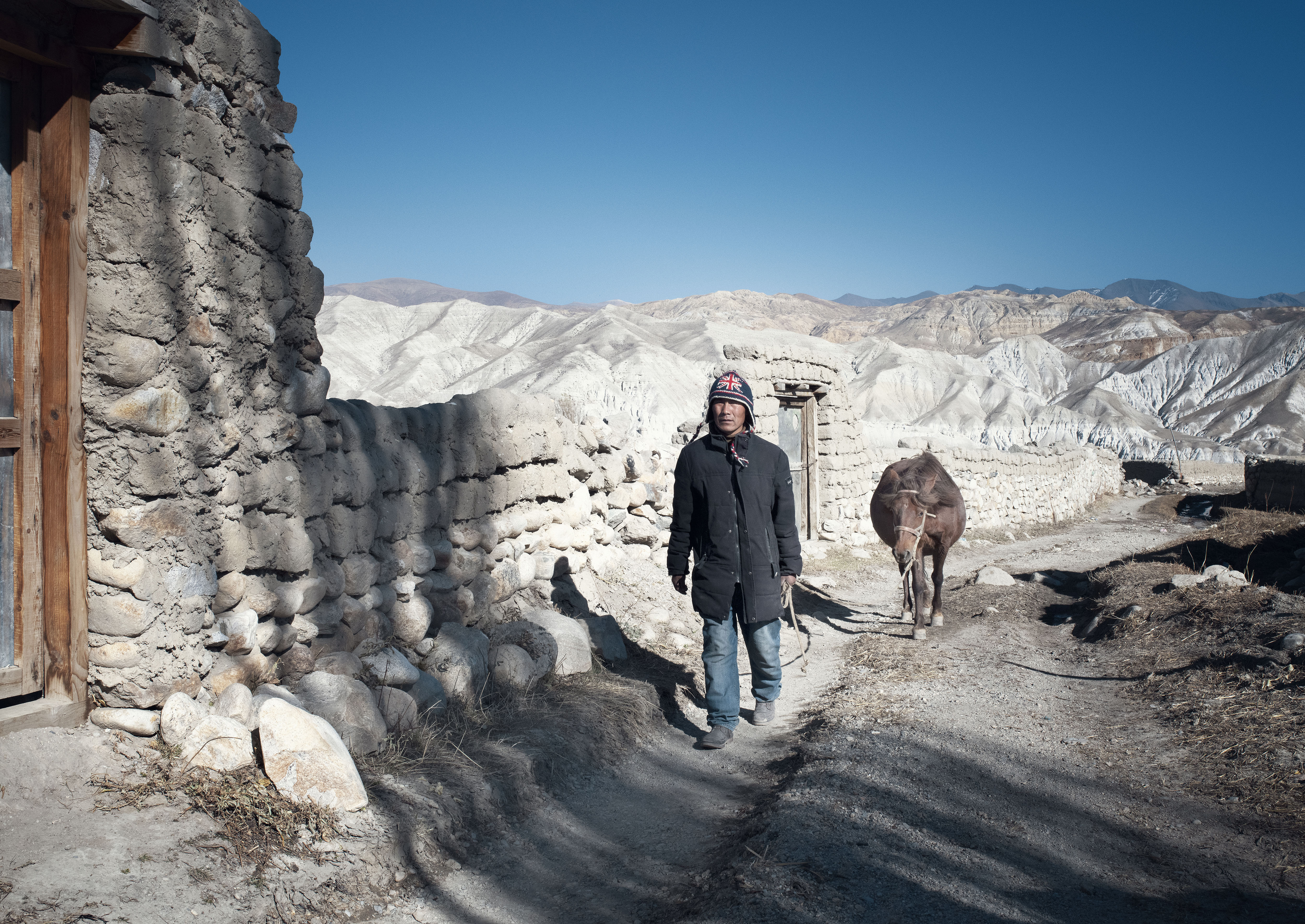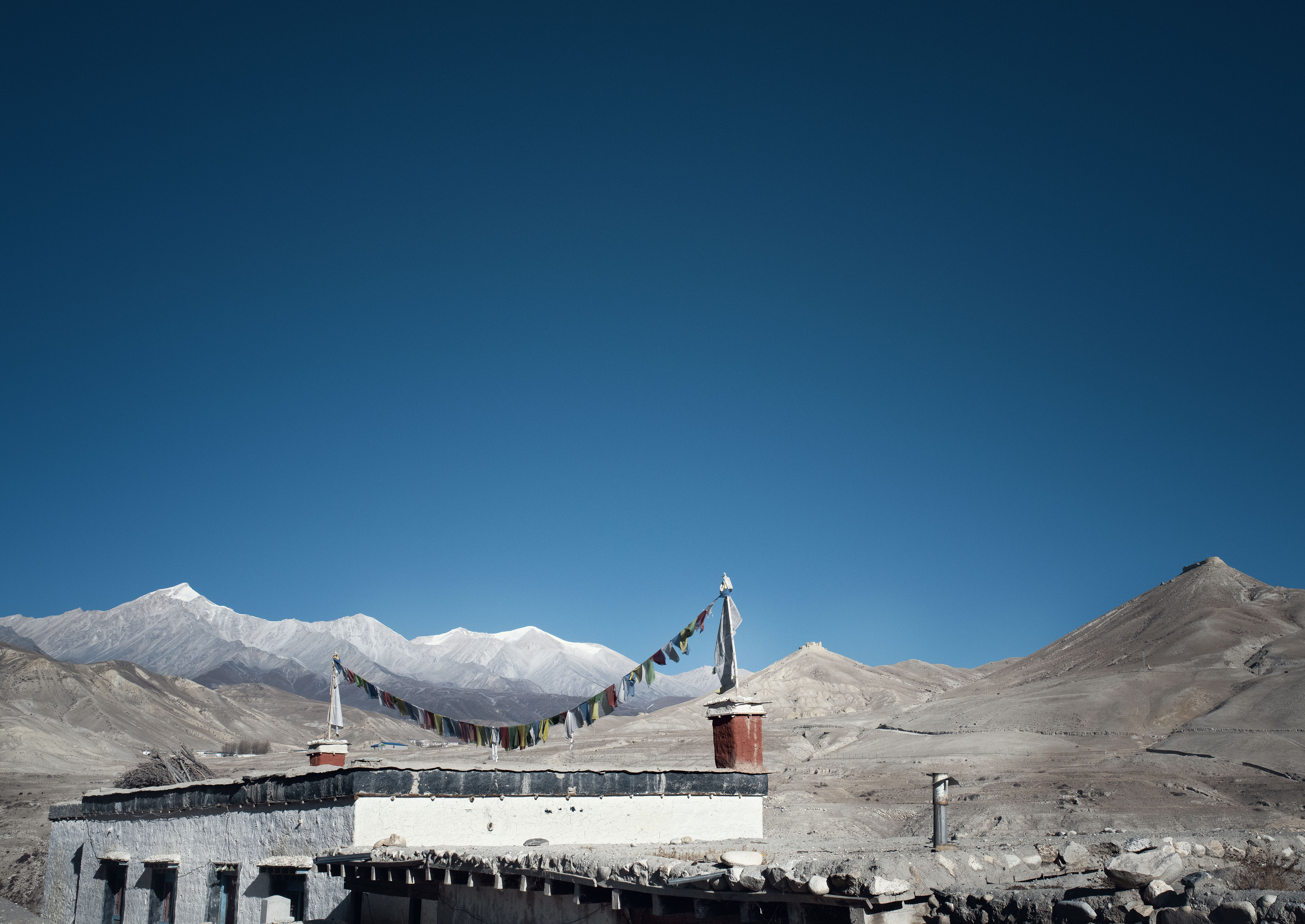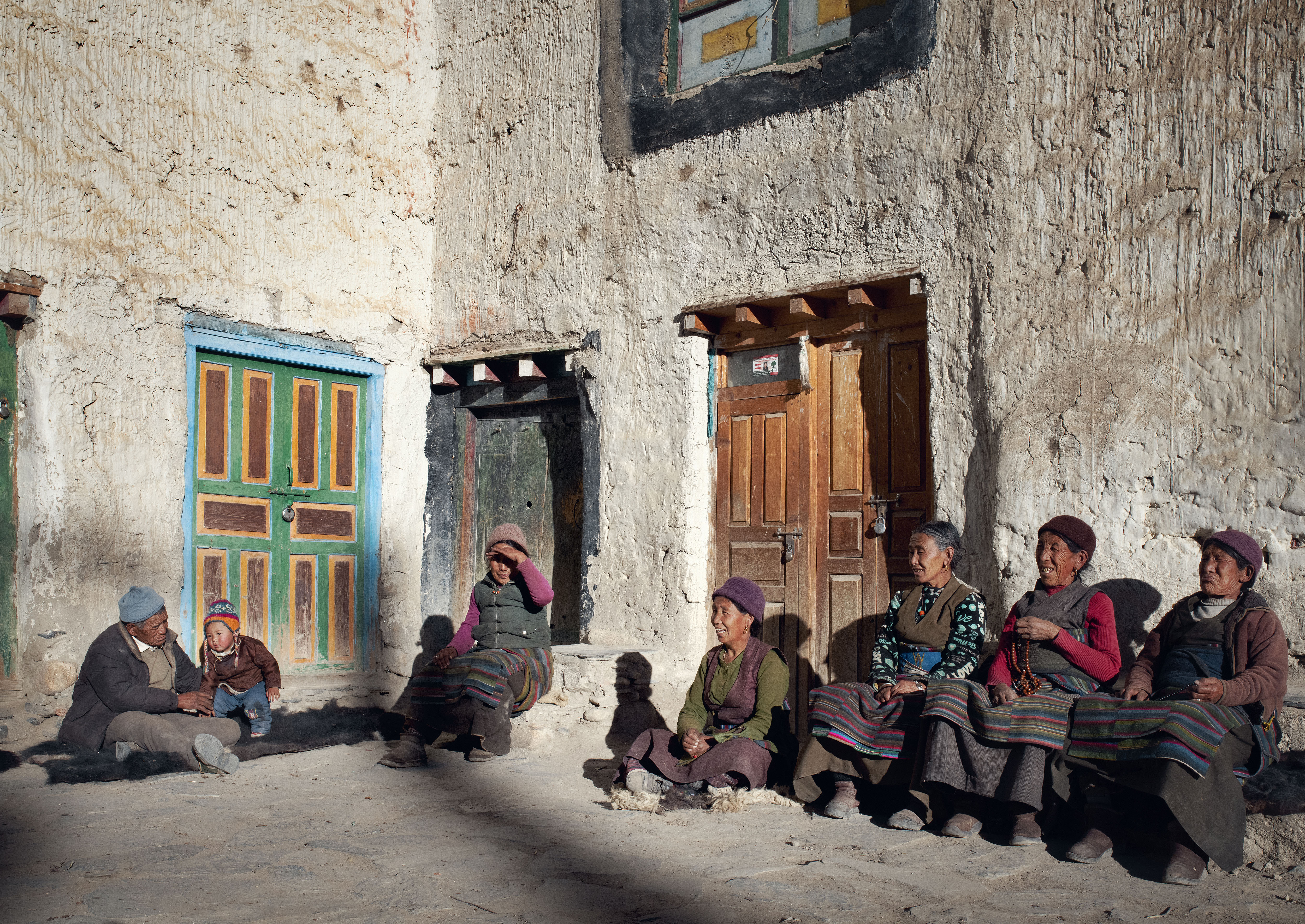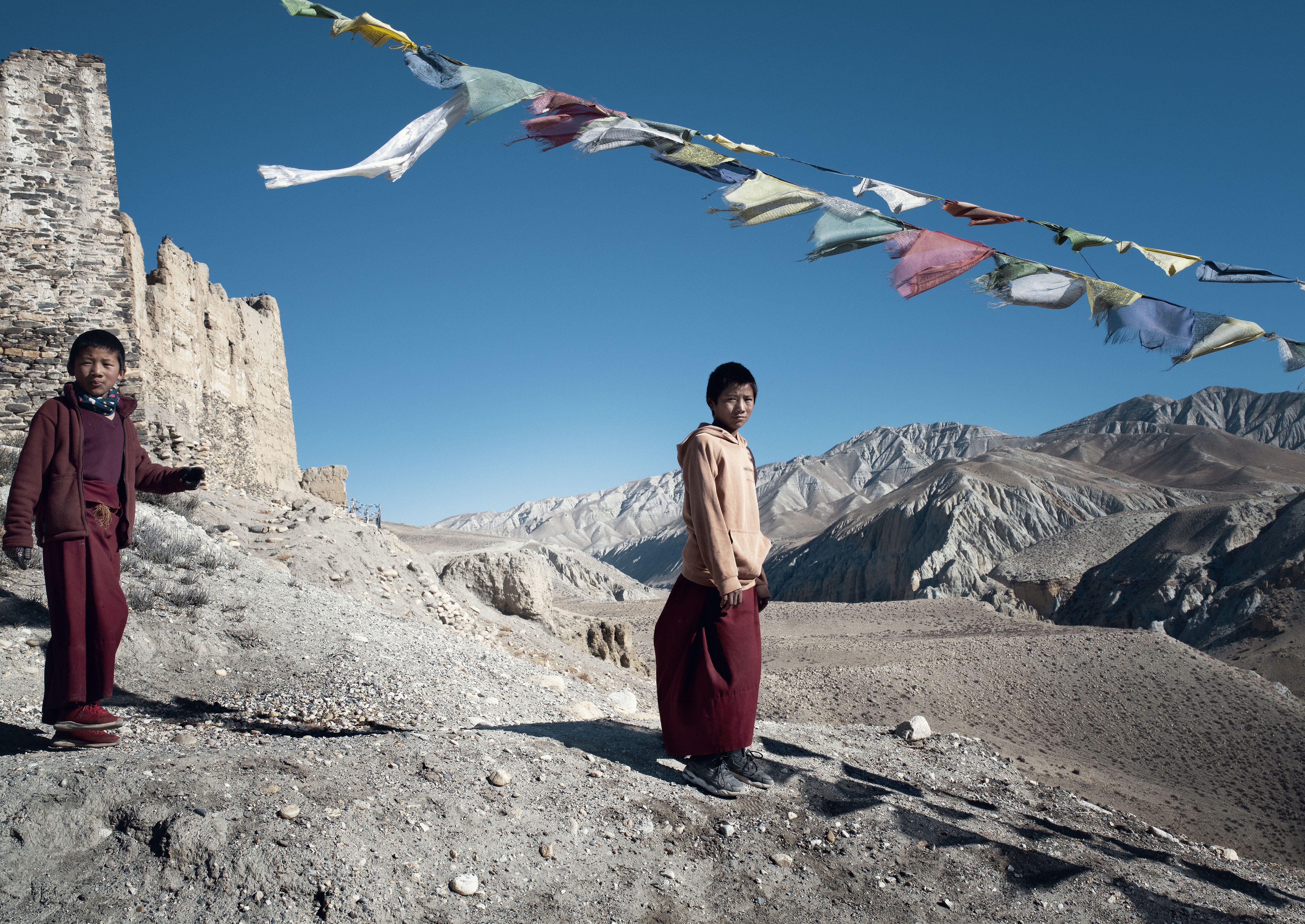Times viewed:100
In the Nepalese Himalayas, the Loba have long been dealing with the consequences of global warming, in particular a lack of water. How can they survive and at what cost?
Nepal – Climate change is affecting the whole world, but the rural Nepalese municipality of Lo Manthang is being hit particularly hard. Here local temperatures are rising up to five times faster than the global average and water shortages are becoming more acute by the year. Lhakpa Wangdi Gurung (33) explains that for the Loba, a peasant community, agriculture has provided their livelihood for centuries. “Nature gives us everything we need. But rising temperatures and changing precipitation patterns are
resulting in less snow, which also melts much earlier in the year. This means that the water we rely on to irrigate the land has gone before we can even sow our crops. Consequently, many plants do not even emerge from the soil and even if they do their growth is retarded. Our relatively short growing season means we only have one harvest per year, which is getting smaller and smaller. In time, the land will simply be unable to yield enough to feed us.”
Images: Nicole Franken – Text: Yvonne Dudock

